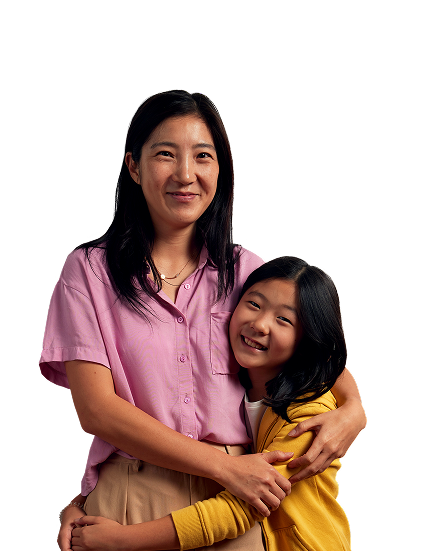Type 1 diabetes can happen to anyone
Anyone can develop autoimmune type 1 diabetes (T1D), no matter their age, family history, or lifestyle choices. But if
just 1 family member has T1D, your risk multiplies by up to 15X.

Certain autoimmune or viral conditions can also increase your risk
The exact cause of type 1 diabetes isn’t known—and that means many of the risk factors are unknown too. But certain other conditions can increase your risk.

Some common viruses could also increase the risk. These include common illnesses that you may have heard of, like:
- Coxsackievirus B
- Rotavirus (which often causes diarrhea)
- Mumps
- A virus related to herpes called cytomegalovirus (CMV)
Having an autoimmune condition or a history of autoimmune conditions in your family could put you or your loved one at higher risk. These autoimmune conditions include:
- Celiac disease
- Hashimoto's disease
Type 1 diabetes can happen at any age—even as an adult

Some people think of type 1 diabetes as a children’s disease—more likely to affect kids.
But over half the people who are newly diagnosed with type 1 diabetes get diagnosed as
adults. That means that you or a loved one could still be at risk for T1D—at any age.
Could you or a loved one be at risk?
The risk of autoimmune type 1 diabetes is real—so take this easy quiz to help find out if you or a loved one might be at risk. Then, make the move to talk to a doctor about screening.

- 1
- 2
- 3
- 4
- 5
Do you want to learn about you or your loved one's risk?
If you'd like to discover the risks for multiple family members, you'll need to take the quiz for one person at a time.


